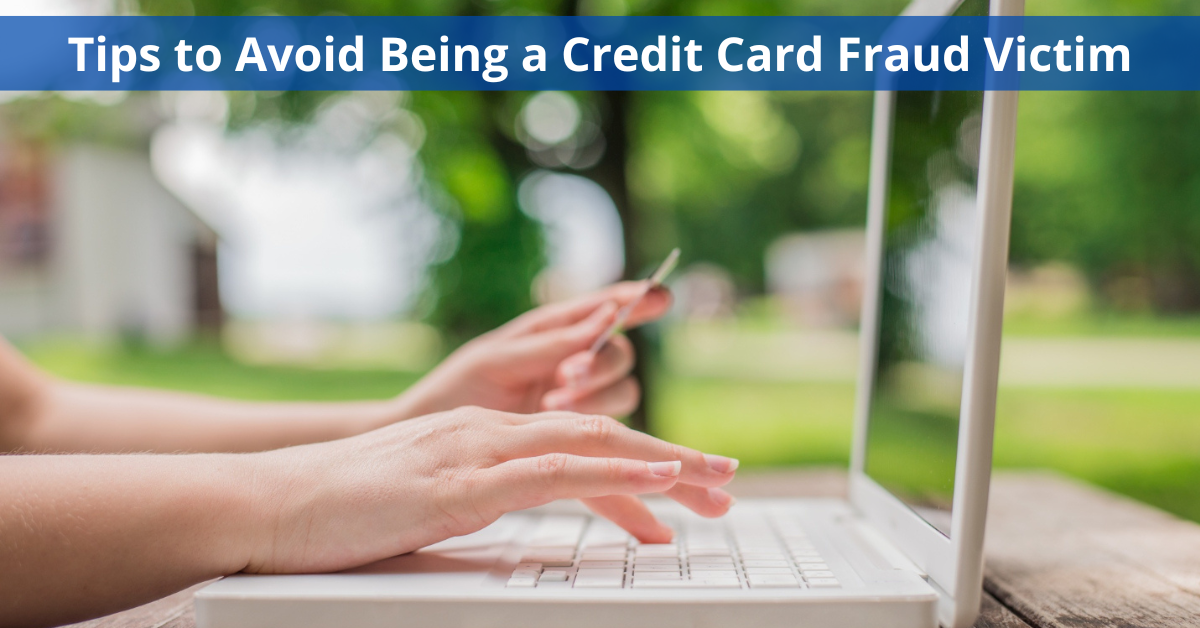While credit cards offer a convenient method to make purchases without carrying around wads of money, they aren’t without their risks. Credit card fraud could be a major problem for cardholders and credit card issuers alike. In 2013, over 693 thousand accounts were the victim of credit card fraud, with a mean loss of $671 per account (Source: Canadian Bankers Association PDF).
Issuers and fraudsters seem to be caught in an endless game of cat and mouse – issuers startup with new safety features, while fraudsters determine a way to crack them. Here are our greatest tips for shielding yourself from fraud.
Don’t Let Your Credit Card Out of Sight
Scammers aren’t just online they are everywhere. You can have your credit card stolen from your purse, bags, and wallet. You might have more than one credit card, you should try to only carry the cards you’ll be using that day. In case your wallet is stolen, fraudsters or scammer won’t have a wallet full of credit cards to shop with.
If you still have an old type of credit card with a magnetic stripe, it’s probably best to leave it at home. It is best to take your Chip-and-PIN credit card instead – without your PIN, fraudsters won’t be able to make a large amount of purchases in person.
Shred Your Statement
Although a lot of people choose to receive their credit card statements online, there still some who prefer to receive your statement by mail. If you receive your statement in the mail, you should consider investing in a paper shredding machine – it will be worth every penny! By just simply tossing your statement in the recycling, you’re leaving yourself open to credit card fraud. Fraudsters may put a piece together with your statement and steal your credit card number. Don’t take the risk and shred everything instead.
Safeguard Your Credit Card Information
Your credit card information is something you should never share with anyone. You should only give out your credit card information to those you trust like your family member. You should be extra careful when sharing your credit card information over the phone or the Internet in even with social media – you never know who’s at the other end. Although the telephone has been around for years, fraudsters still use it to defraud unsuspecting cardholders. To avoid both frauds, never share your credit card information over the phone or Internet unless you initiated the contact. Unsecured credit cards are the main target by the fraudsters they are everywhere.
Be Careful When Entering Your Credit Card Online
Phishing has become a popular way for fraudsters to obtain your credit card information. Here’s how it works: fraudsters send you an email requesting confirmation of your credit card information. The email often says your account has been compromised or an error with your transaction and it’s urgent that you click the link in the email. Although the website may look legit, you’re actually sharing your credit card information with a scammer. To avoid these scams, never enter your credit card information from a link you click from an email.
Review Your Statement
before shredding your credit card statement, carefully read and review it. Make sure to always check your credit card statement regularly. You may also request for your credit report at-least twice a year. Always check for the details and see if all your transactions are legit. Your may have to report right away if there are unauthorized transactions like fraud and identity theft. Although you may receive your credit card statement monthly, you may check your account as often as you can. It is another way to avoid nasty surprises when you received a nasty mail after a week or so. When you find a fraudulent charge, you can reverse it right away and alert the credit rating agencies to red flag your account.
Report Fraud Right Away
If you’ve been the victim of credit card fraud or identity theft, it’s important to report it immediately, especially if your credit card has been lost or stolen. Because the longer your credit card is in the possession of the fraudster, the more time they will have to rack up charges at your expense.
If you suspect a fraudulent charge, contact your credit card issuer immediately. Credit experts in Canada will take fraud very seriously – most have a 24-hour toll-free hotline to report fraud and theft. The sooner you will report the fraud, the better. Credit card fraud is a very serious crime. Once you’ve informed your issuer, it’s also a good idea to report it to your local police department and even with the credit reporting agencies.




